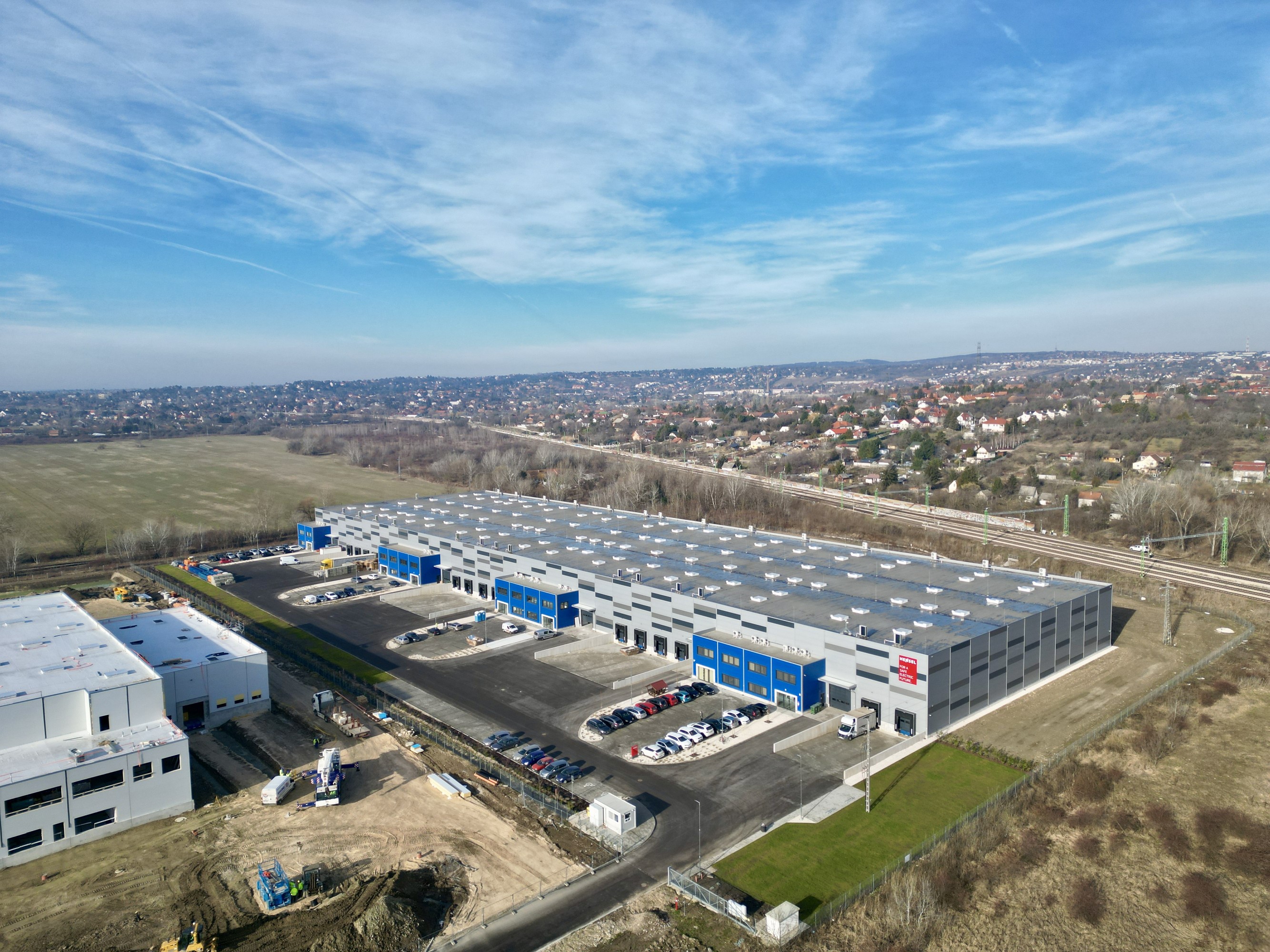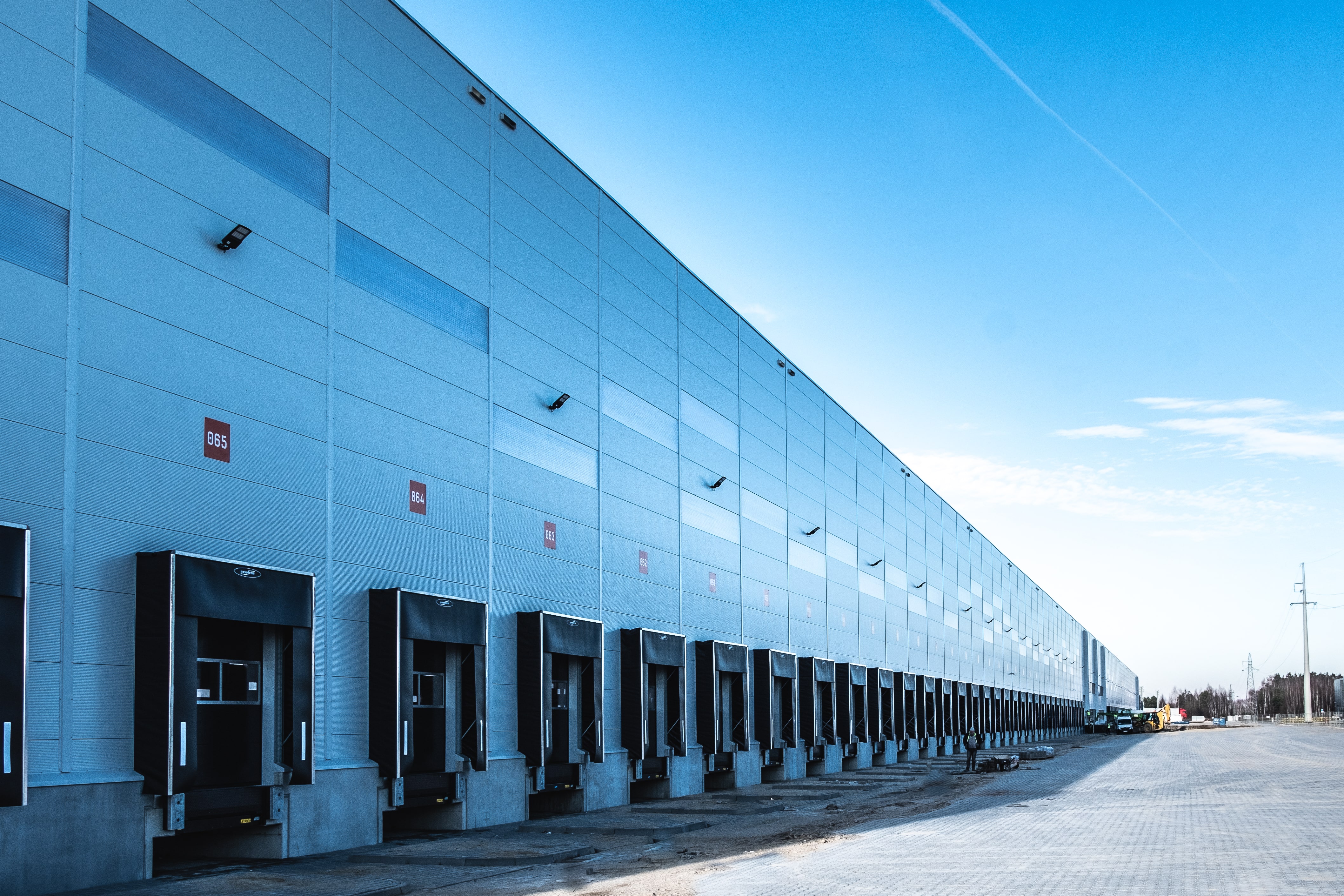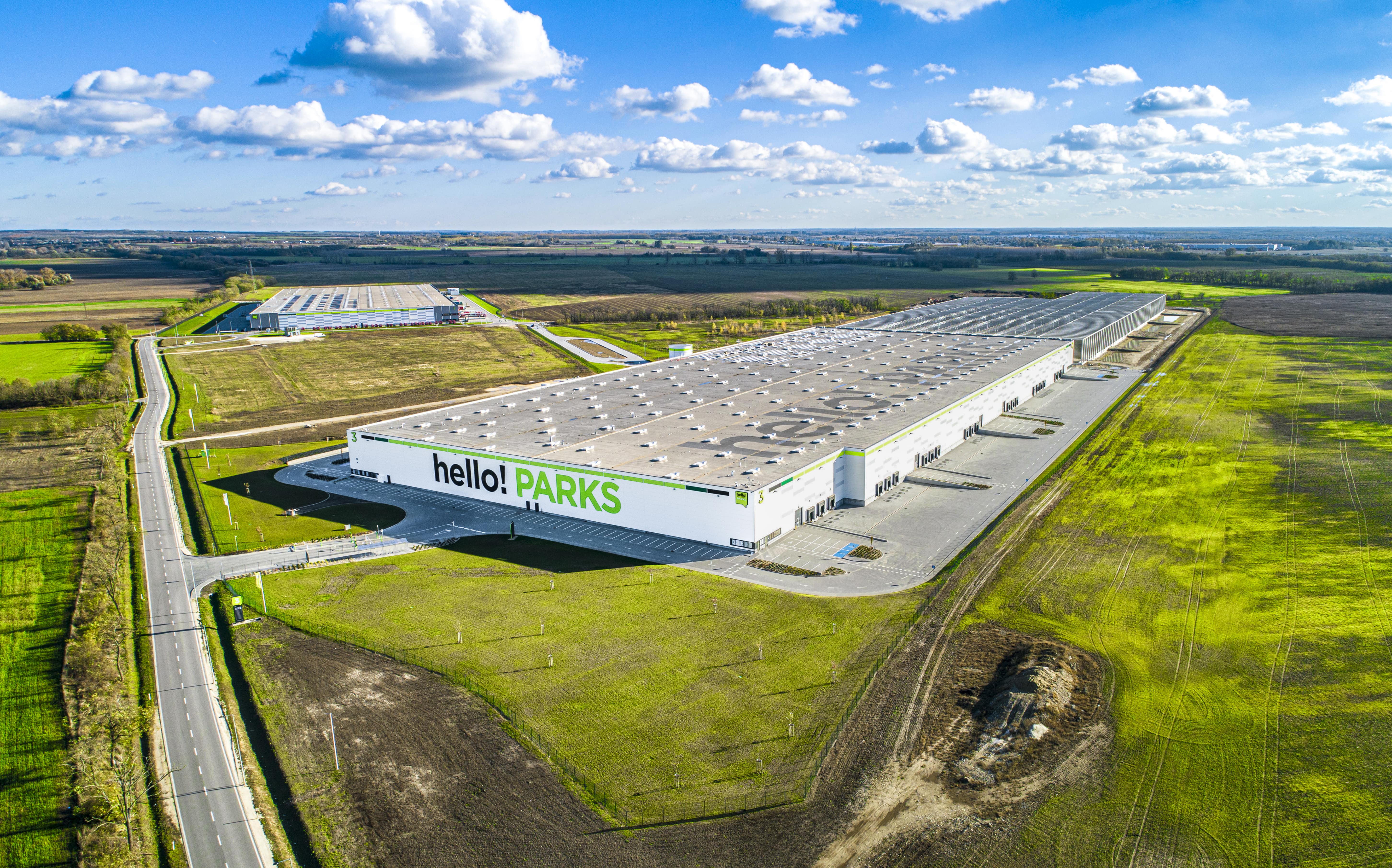Speculative Countryside Projects Still the Exception

The Budapest Business Journal discusses the current trends on the Hungarian industrial real estate market with local advisory companies.
Tamás Beck
“Speculative modern stock in the Hungarian countryside is limited to one-off projects,” Gábor Halász-Csatári, partner and head of the industrial department at Cushman & Wakefield Hungary says of how the sector’s development compares with the region.
Citing figures by the Budapest Research Forum, he says some 103,000 sqm of new stock is expected to be delivered in Budapest by the end of the year.
“This volume is concentrated in three-to-four large projects. In comparison, Warsaw is likely to reach circa 400,000 sqm of new deliveries, while Prague and Bratislava are looking at 76,000 sqm and 17,000 sqm respectively,” he adds, noting that speculative development pipeline in Budapest is above the two northern neighboring capitals.
“However, taking into consideration entire, nationwide pipelines, the Czech Republic and Poland are far ahead of Hungary.” He points out that the latter two countries have regional logistics hotspots, while Hungarian logistical activity is concentrated in the Budapest area.
Tamás Beck, director of industrial agency at Colliers International also says that the Hungarian market is Budapest-centric.
“Speculative developments are still rare outside of Budapest and there are only a few large leasing transactions above 20,000 sqm,” he notes.
“The transactions in the countryside industrial market are not transparent yet, and still the occasional demand and supply is driving the market, where the pre-lease/BTS developments are still more dominant.”
He argues that countryside tenants have only moderate willingness of relocate further than a few kilometers due to the lack of regional labor supply, with the general labor shortage contributing to the static market.

Gábor Halász-Csatári
Transaction Types
Regarding the types of transactions in the mix, Halász-Csatári says, “Industrial and logistics developments in Budapest rely on a mixture of transaction types: BTS, pre-let, speculative and expansion deals are all recorded. Built-to-suit developments are initiated in the countryside, too, for producers and manufacturers, and there is also demand for existing manufacturing buildings by end users, either for purchase or lease.”
Beck adds: “Speculative developments occur only in the key locations in Budapest and its surroundings, such as in the proximity of the airport, M0 ring road and the M1 highway.” He notes that in these areas, speculative developments are usually fully pre-leased before completion.
“The developers prefer rather the pre-lease/BTS constructions over the speculative, especially in the countryside,” Beck points out.
Regarding special market demands, such as green accreditation and sustainability, Halász-Csatári argues that while most developers direct reasonable resources into the matter, they are not yet a priority. He says that green energy is a good way to limit expenses, which tenants consider due to high rental rates.
“This can be especially important for tenants in the production and manufacturing sector, as they are likely to use large volumes of electricity,” he reasons. The expert notes that improved insulation standards allow for savings on heating costs and reducing carbon footprint.
“Certainly, as more strict regulation comes into effect in terms of sustainability, developers will have to ensure compliance in the most effective and rapid way possible,” Halász-Csatári says.
Beck notes that, in the case of speculative projects, developers emphasize basic standards and most necessary features due to exceptionally high construction costs. He says that, on the logistics market, demand is related to standard logistics buildings and cross-dock buildings, while in the case of industrial/manufacturing buildings there is need for high quality, special technological requirements.
“Green certification is not a typical requirement from the tenant’s side; therefore it is mostly apparent in the owner-occupied industrial buildings.” According to Beck, developers focus on general energy efficiency through better insulation and lighting.
“Alternative energy efficient solutions are not widespread in speculative developments, mainly due to the already high construction costs,” he concludes.
SUPPORT THE BUDAPEST BUSINESS JOURNAL
Producing journalism that is worthy of the name is a costly business. For 27 years, the publishers, editors and reporters of the Budapest Business Journal have striven to bring you business news that works, information that you can trust, that is factual, accurate and presented without fear or favor.
Newspaper organizations across the globe have struggled to find a business model that allows them to continue to excel, without compromising their ability to perform. Most recently, some have experimented with the idea of involving their most important stakeholders, their readers.
We would like to offer that same opportunity to our readers. We would like to invite you to help us deliver the quality business journalism you require. Hit our Support the BBJ button and you can choose the how much and how often you send us your contributions.









